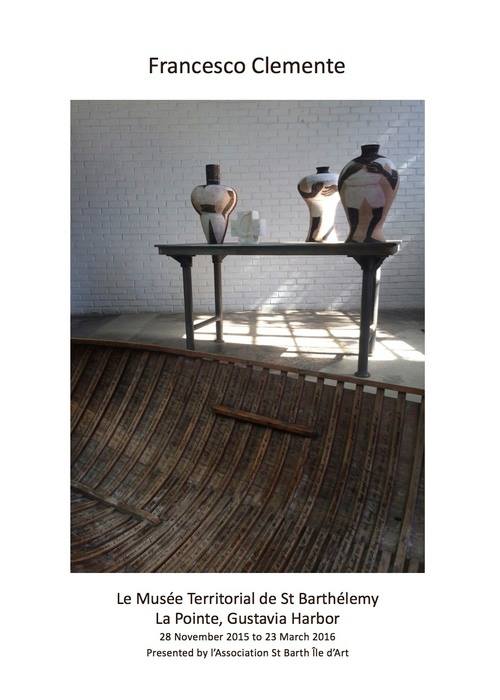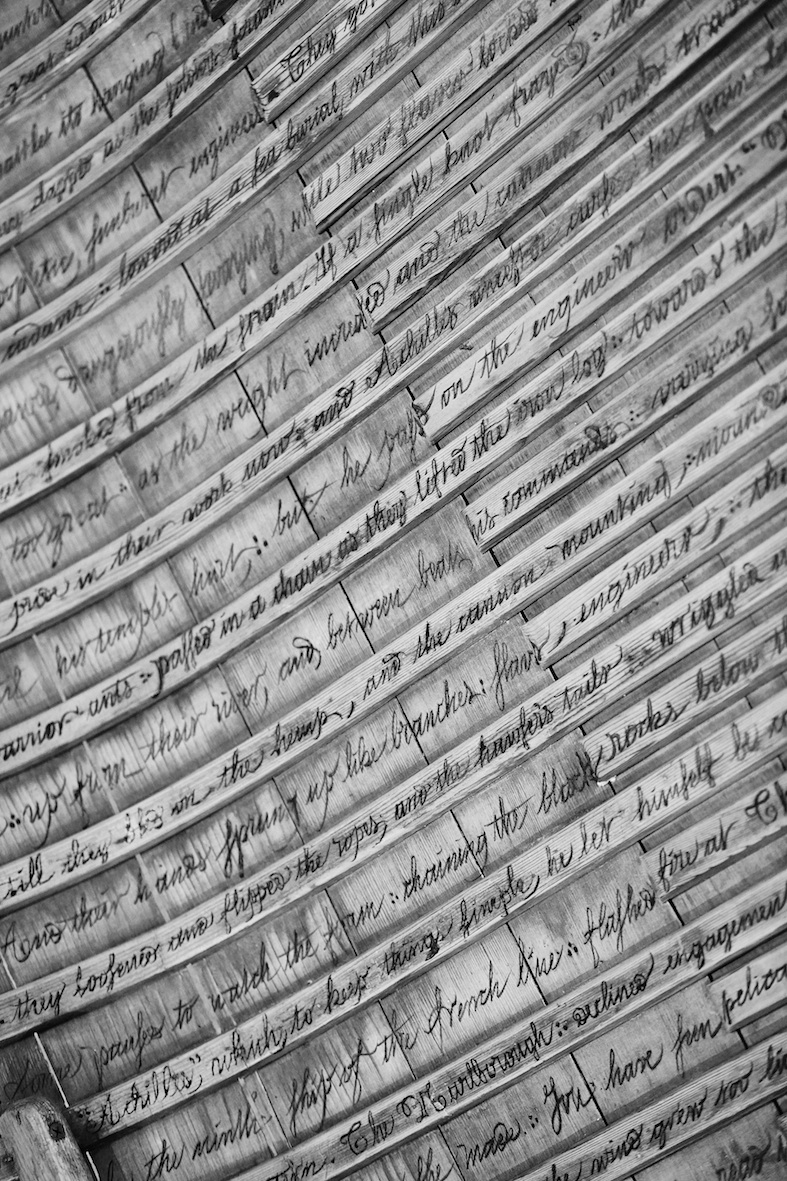I have met Derek Walcott. He is a difficult man, who, at least in the company of an occasional acquaintance such as I was, entertains himself recounting his regrets rather than his achievements, maybe because the achievements of Derek Walcott are too vast and too profound to share.
There is no earthly Paradise, there is only Hell, or, like Swedenborg, Böhme, Blake, and maybe Emerson have observed, Heaven and Hell are one and coexist in one place, which is the human heart.
Sometimes even sophisticated travelers choose to slight the Caribbean. “There is no History there,” they say. But of course, sadly, History is there and the Hell that History affirms, is
there too.
I have been obsessed, I am obsessed, with Omeros by Derek Walcott.
Omeros is the story of the shipwreck of History.
The Islands are a labyrinth where History loses its way, and all its grand designs, diminished by the vastness of the sea, end up in rust, in the faded ink of vain proclamations, in sunken silver and gold. What remains? The very same things which were there
in the Greek islands sung by Homer, three millennia ago: a love triangle, the regrets of a long marriage, the longing to return to where one came from, the illnesses of old age, a silent dialogue with the dead.
I painted forty-one watercolors and made two sculptures in wood, clay, metal, marble, and paint to celebrate the Caribbean, Omeros, and Derek Walcott.
Francesco Clemente


